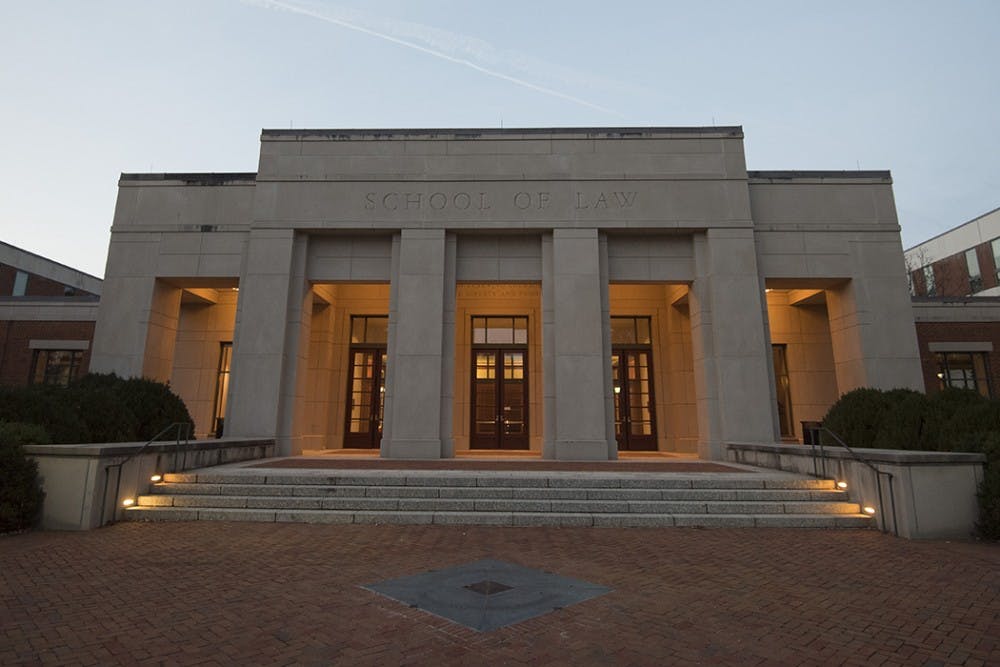A University Law School clinic case is advancing to the U.S. Supreme Court. Epic Systems v. Lewis was granted certiorari Jan. 13, and will likely be heard by the nation’s highest court in April.
The school’s Supreme Court Litigation Clinic, a yearlong program comprised of third-year Law students, in addition to a small number of instructors, has been working to help Jacob Lewis, the plaintiff in the case.
Epic Systems, a healthcare software company employing Lewis, threatened to terminate his employment if he did not waive his right to collectively enter into legal proceedings.
Now, as Lewis sues the company regarding overtime pay, he claims he and his co-workers were owed, he asserts that his inability to continue individually cannot be imposed under the Federal Arbitration Act and violates the National Labor Relations Act.
Law Prof. Daniel Ortiz, who is also the director of the Supreme Court Litigation Clinic, said the case centers around the legality of pressuring workers to abstain from collective remedies.
“Often, a worker will have a valid claim but it doesn’t make economic sense for the worker to pursue it individually because it’s expensive,” Ortiz said. “But if the worker can band together with other workers who have the same claim, it makes economic sense to go forward.”
Although Lewis knowingly waived his right to pursue collective action against his employer in court, Ortiz argues Epic Systems did not have the authority to force such a deal as they did.
“He was told that he couldn’t keep his job if he didn’t sign it,” Ortiz said. “It was voluntary in the sense that he clicked on it, but he wasn’t really given a choice.”
The Supreme Court Litigation Clinic seeks to expose students to current Supreme Court practice through actual cases.
Ortiz said the clinic discovered Epic Systems v. Lewis while searching for candidate lawsuits.
Though the Supreme Court grants certiorari — a writ seeking judicial review — to less than one percent of the appeals it receives, the court sometimes combines simultaneous cases dealing with the same core issues.
Due to similarities with other cases, the court consolidated those cases with Epic Systems v. Lewis when it granted review. However, while the clinic anticipated the case would reach the Supreme Court, Ortiz stressed that because the lower court sided with Lewis, the clinic did not want the case to be heard again.
Ortiz did not make a personal prediction regarding the case’s ultimate outcome, but he did note that the current vacancy on the Supreme Court may potentially change the dynamics of how the case will be decided.
Should it end in a split vote, the decision will revert to that of the lower court, which Lewis won. However, a split-vote would not settle the main controversy itself, and it would remain unresolved until the court hears a future case of a similar nature. By then, if President Donald Trump has appointed a new Supreme Court justice, the potential tie could be broken.
Law student Eric Hintz is working on the case and noted the litigation clinic has had an important impact on his legal education.
“Like the Supreme Court itself, the clinic handles some of the most consequential legal cases of the day,” Hintz said in an email statement. “It offers students the opportunity to apply their legal knowledge and skills in a high-stakes, fast-moving, real-world and profoundly exciting environment.”







